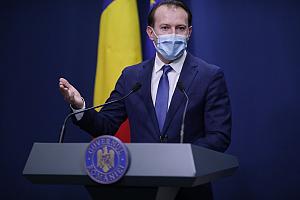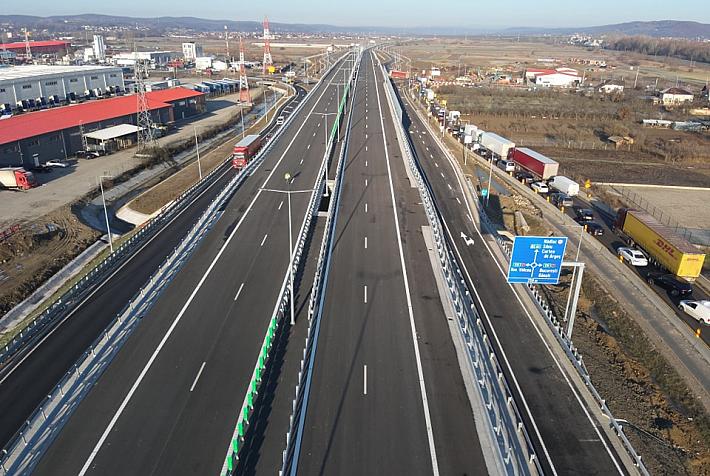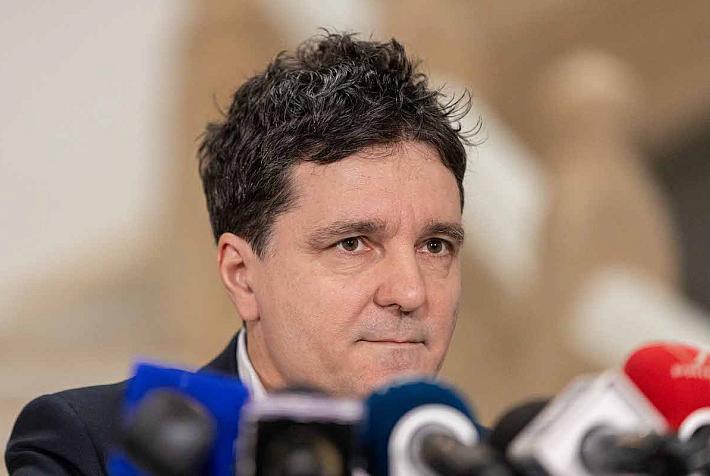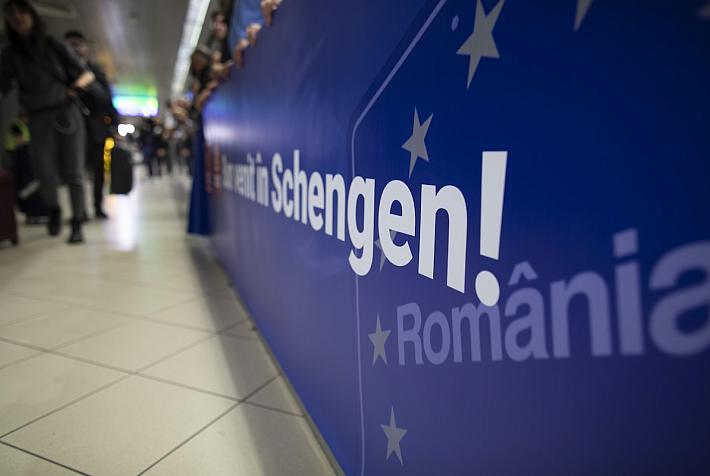RO central bank surprises markets with rate cut
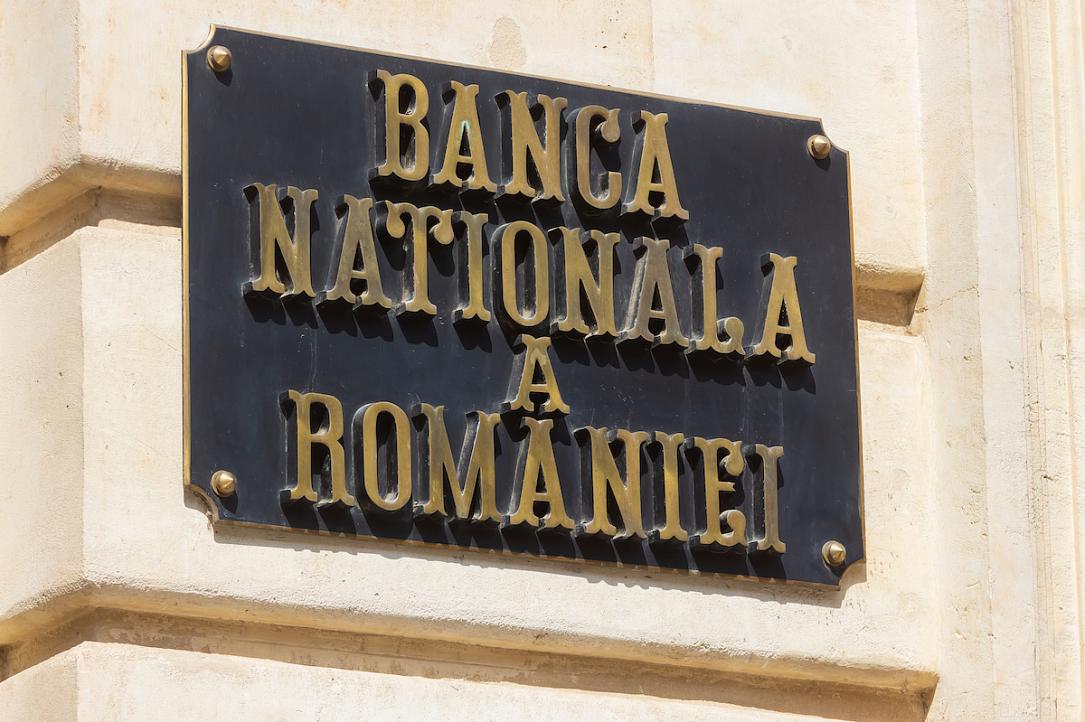
Romania's National Bank (BNR) decided on Friday (January 15) to cut the monetary policy rate by 25bp to 1.25%.
The move, which was announced toward the end of the day, surprised the markets mainly because of the timing.
Indicators of such an imminent scenario existed: the inflation dynamics, which eased more than expected at the end of 2020, and the enhanced predictability provided by the quick formation of a new Government (already seen in the yields of the sovereign debt).
"Developments in the past two months were due to a relatively faster deceleration in core inflation, in a context in which the disinflationary impact of changes in VFE prices was counterbalanced by the influence of higher prices of fuels, tobacco products, and electricity," the central bank said in a statement.
In 2020, BNR cut the monetary policy rate three times, by 25bp each time. The first cut was in March, just before the state of emergency. Even after the economic growth will strengthen through the year, the central bank's appetite for higher rates will predictably remain limited, ING Bank commented.
BNR suspended its board meetings calendar early last year to achieve more flexibility needed to mitigate the effects of the crisis. It announced a similar approach at the beginning of this year when canceling its January 8 planned meeting. The monetary authority could return to a more predictable monetary board calendar given the more stable situation this year, Raiffeisen Bank Romania chief economist Ionut Dumitru suggested.
Prime minister Florin Citu praised the BNR's decision and interpreted it as a sign of confidence in the Government's fiscal policy.
"With this decision, the central bank confirms the decrease in inflation in the medium and long term. At the same time, this decision is proof that fiscal policy in Romania is no longer a destabilizing factor in the economy," said PM Citu in a message posted on his Facebook page.
Indeed, the Government already took steps to curb the fiscal slippage seen before the coronavirus crisis by freezing the wages in the budgetary sector as of January.
A final budget planning for 2021, to provide more visibility on the Executive's commitment to sustainable policies, is expected in early February.
Separately, the Constitutional Court took a couple of decisions supporting the Government's moderate policy. It cleared the ordinances deferring the 40% pension hike and the rise of the wages in the education system. At the end of 2020, the headline inflation was 2.06% year-on-year, below the BNR projection.
(Photo: Lcva/ Dreamstime)
iulian@romania-insider.com







